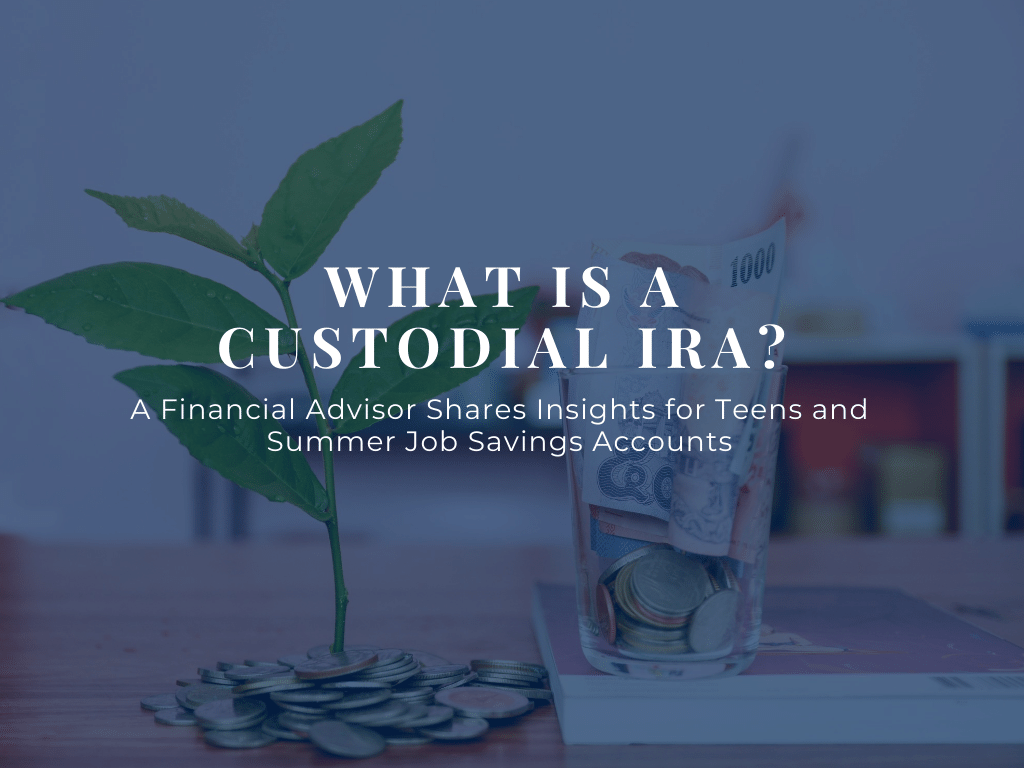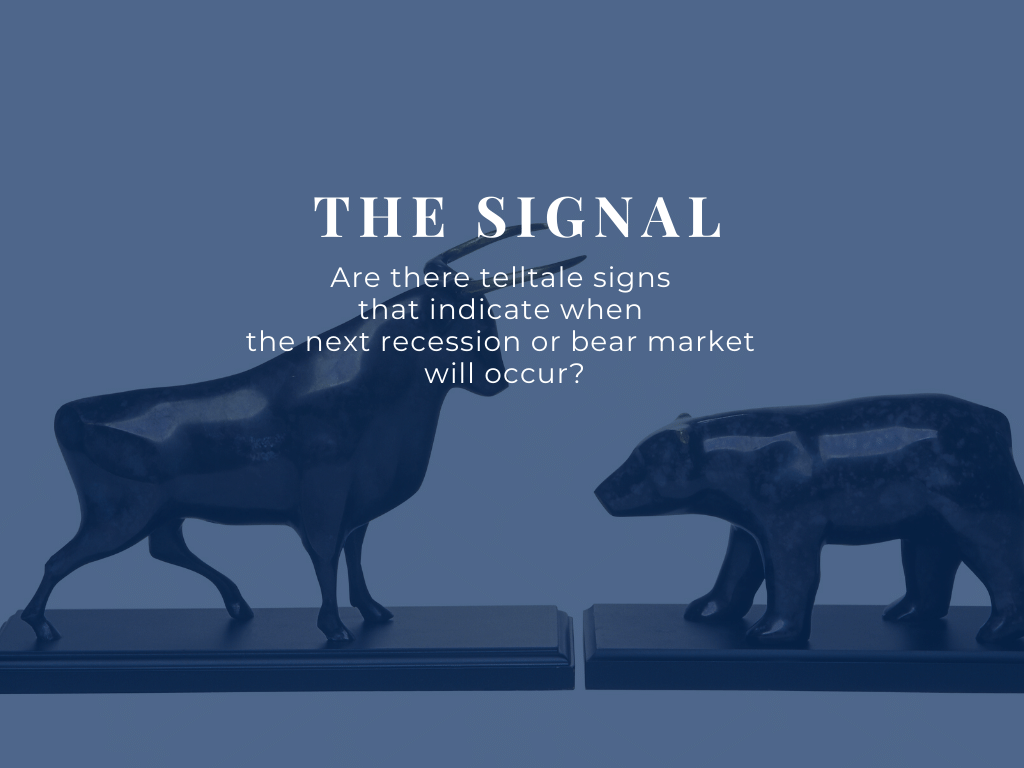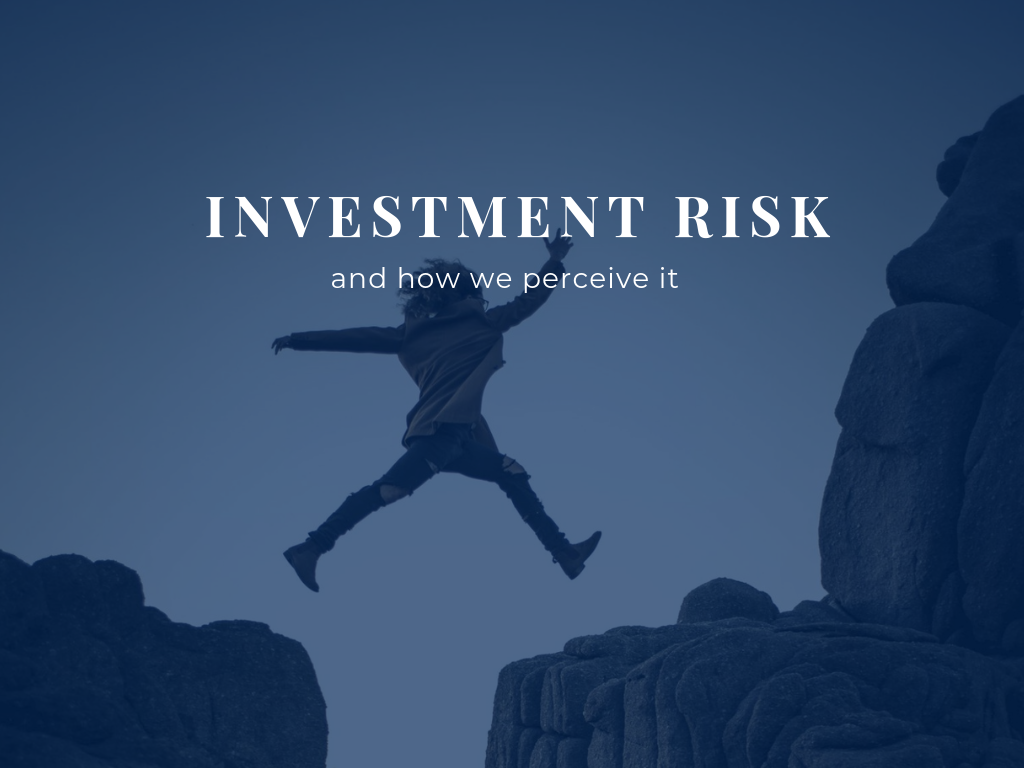We learned a lot about ourselves in 2020. Below are some "Do's and Don'ts" we should keep in mind for the coming year:
Raz Pounardjian

Recent Posts
Topics: Investing, Financial Planning
What is a Custodial IRA? A Financial Advisor Shares Insights for Teens and Summer Job Savings Accounts
Intern Peggy M. interviews portfolio manager Razmig Pounardjian for thoughts on what teens should do with their summer savings accounts. Here is Peggy’s post.
Topics: Financial Planning
I saw an interesting prediction on Twitter a couple of weeks ago and it made me think of a quote from Amazon founder and CEO, Jeff Bezos: “What’s going to change in the next 10 years? And that is a very interesting question; it's a very common one. I almost never get the question: 'What's not going to change in the next 10 years?'”
Topics: Financial Planning
Topics: Financial Planning
As 2019 was ending, I was reading a few articles and blog posts recapping the last decade of stock market returns.
Throughout this period, there were many instances where you could have been scared out of the market or sought signals that would indicate a “top” in the market.
For example, remember in 2013 when actress Mila Kunis said she was going from cash into stocks? The S&P 500 is up about 140 percent since she made that announcement.
Or how about in 2016 when the cover of Barron’s (a popular financial magazine) boasted “Get Ready for Dow 20,000?” The Dow Jones Industrial Average is in shouting distance of 30,000 or about 57 percent higher from the date of publication.
Topics: Investment Management
One of the terms most often heard in the world of finance is “risk” as in "investment risk." Often, people think of risk as something dangerous and to be avoided. There are many circumstances that determine how people view investment risk.
Below are some interesting ways to think about investment risk.
Topics: Investing
Baseball season is upon us and Spring has sprung so here are some interesting thoughts/observations:
Positive Mental Attitude
A recent study from Frost Bank revealed a direct correlation between optimism and improved financial health. Frost worked with researchers at Carnegie Mellon University to develop a methodology to measure optimism. They found that 62% of optimists had better financial health which was about 7X higher than pessimists who came in at 9%. Optimists were more likely to discuss financial matters with family and friends and were interested in learning more about money management versus pessimists. Below are some financial habits of optimists:
Recently, you’ve probably heard much noise about new congressional proposals regarding stock buybacks. Before I get into the nitty-gritty, it is probably good for a quick refresher on the what and why of stock buybacks.
What are stock buybacks?
Stock buybacks are when a publicly traded corporation purchases their own shares in the public markets. They announce either the dollar or share amounts they will repurchase and it is to the discretion of the Board of Directors and management to determine this amount and when to make such purchases. The cheaper companies can buy their stock back, the more they can repurchase. Corporations are known for poorly timing their share repurchases as indicated in the chart below where repurchases hit a low in 2008-2009 as stock prices were near generational lows in the Great Recession:
The last few months have not been an easy ride for equity investors. The S&P 500, Nasdaq and Russell 2000 all went into bear markets, which is typically defined as a decline of 20% from their all-time high. Combing through some data, I thought I’d share some interesting anecdotes I learned and what it could mean moving forward.
Investors ran for the exits
Below is a chart from Ned Davis Research that shows that December 2018 had the highest monthly outflow for equity funds (includes ETFs) in the last 20 years. In the simplest sense, investors were probably selling any kind of exposure that had to stocks.
Typically, when I’ve written blogs, they’ve focused on a specific topic, theme or issue. I thought it would be good to switch things up a little bit and share some interesting statistics and thoughts about the financial markets.
The case for active management
I recently came across the chart below which shows the total returns of the “buy and forget” stocks that in 2000, Fortune Magazine predicted would last a decade:
Topics: Volatility









.jpg)
.jpg)
